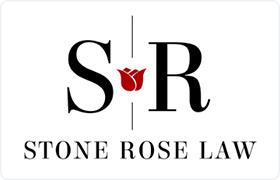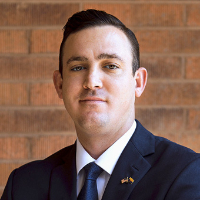Tempe White Collar Crime Lawyer, Arizona
Sponsored Law Firm
-
 x
x

Click For More Info:
-
Stone Rose Law
8010 E McDowell Road Suite 105 Scottsdale, AZ 85257» view mapCriminal Defense High-Quality & Affordable Representation
If you have been charged with a crime, you need experienced representation from a Phoenix criminal lawyer at Stone Rose Law.
800-964-0510
Jeremy S. Geigle
✓ VERIFIED *Status is reviewed annually. For latest information visit hereJeremy earned his undergraduate degree from the Marriott School of Management at Brigham Young University in 1998. He then attended Pepperdine Univers... (more)
Ryan McPhie
✓ VERIFIED *Status is reviewed annually. For latest information visit hereGrand Canyon Law Group (formerly McPhie Law) was created to fight for the little guy. We pride ourselves on being the law firm that fights hard and pu... (more)
Kristen M Curry
✓ VERIFIED *Status is reviewed annually. For latest information visit hereKristen Curry has been certified as a Criminal Law Specialist through the State Bar of Arizona for the past 25 years and has extensive jury trial and ... (more)
Jamal F Allen
FREE CONSULTATION
CONTACTEric Rothblum
FREE CONSULTATION
CONTACT Steven Scharboneau Scottsdale, AZ
Steven Scharboneau Scottsdale, AZ Practice AreasExpertise
Practice AreasExpertise



